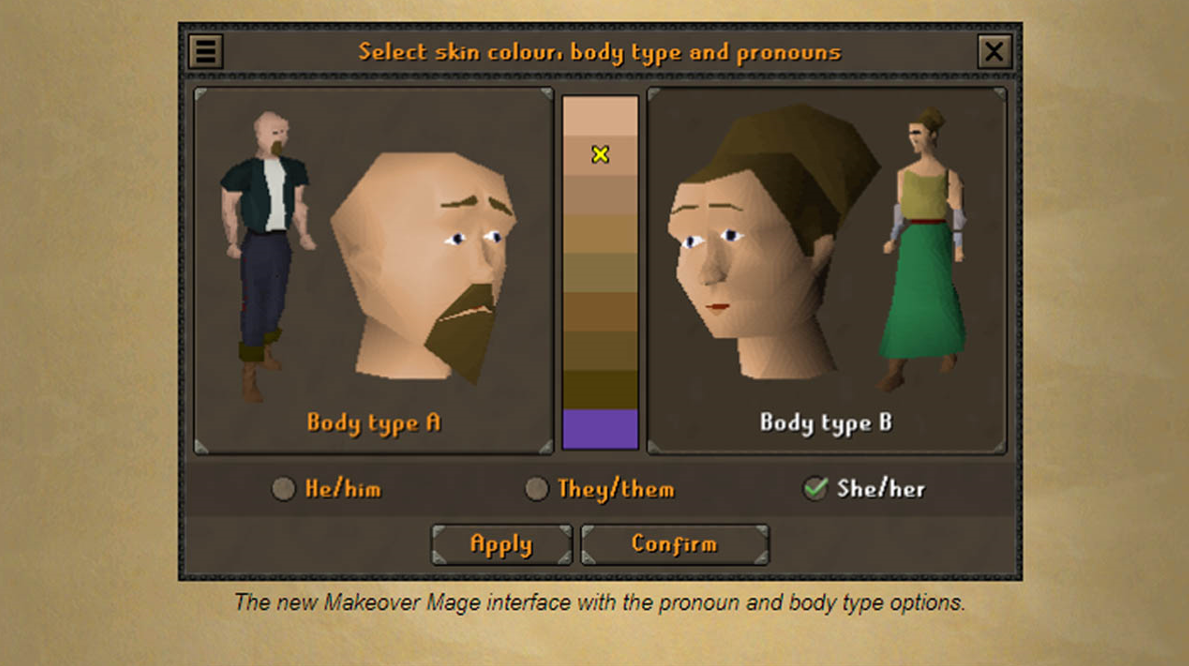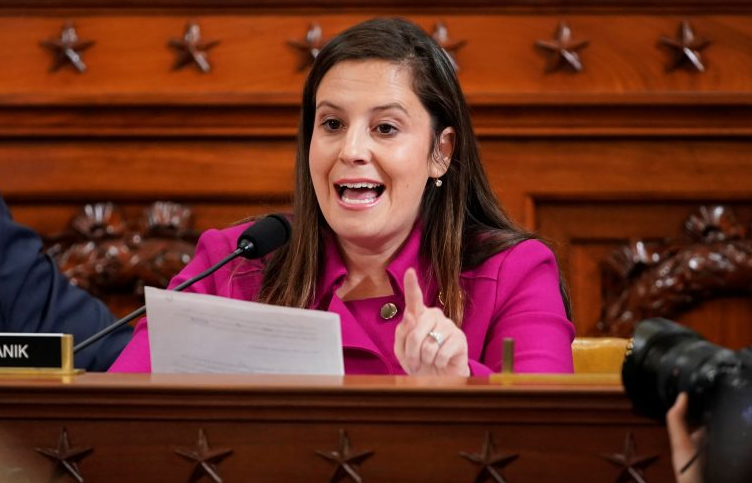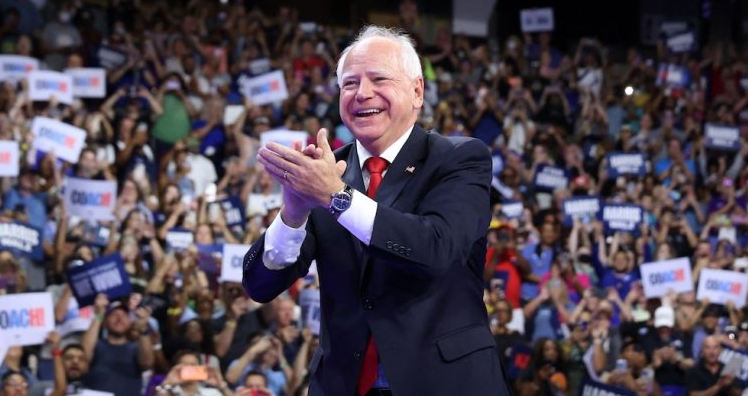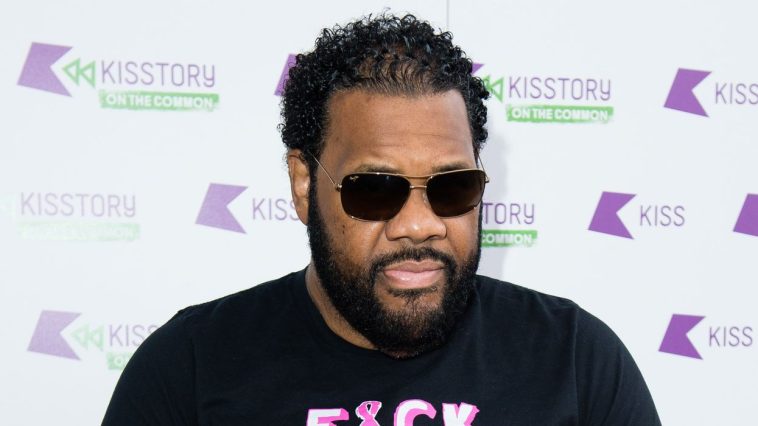A Game Beloved for Its Simplicity Now Mired in Identity Politics
-
Forced Identity Politics: This update wasn’t just about adding options; it was about erasing biological realities. By removing male and female categories, OSRS has pandered to a vocal minority at the expense of the majority who play for escapism, not to engage in real-world identity debates.
-
Community Backlash: The reaction from a significant portion of the community has been one of disbelief and anger. For many, OSRS was a refuge from modern political battles, a place where one could engage in medieval fantasy without the intrusion of contemporary social issues. This update feels like a forced injection of woke ideology, where players are now compelled to engage with pronoun selections, something entirely irrelevant to the game’s core mechanics.
-
Game Integrity: OSRS prided itself on player polls for significant changes, requiring a 75% approval rate for implementation. This update, however, was pushed through without such a vote, suggesting that Jagex is more interested in virtue signaling than respecting its community’s wishes.
Old School RuneScape removed male and female from character creator + added mandatory pronouns. pic.twitter.com/WcMIu6KfhV
— Niche Gamer (@nichegamer) August 15, 2024
-
The Woke Agenda: Critics argue this move is part of a broader trend where corporations use games to push social agendas, often at the cost of gameplay integrity. The focus on pronouns over gameplay enhancements reflects a prioritization of political correctness over player enjoyment.
-
Nostalgia Tarnished: For those who returned to OSRS for its nostalgic value, this update tarnishes that sentiment. The game, once a bastion of simplicity and escapism, now mirrors the very cultural battles players might wish to avoid.
-
Economic Implications: While some might argue this move could attract new demographics, the backlash suggests a potential loss of long-term players who feel alienated by these changes. The economic impact of such a shift remains to be seen, but the initial outcry indicates a possible decline in player retention.
They just ruined OG Runescape. Mandatory and unasked for update forces “body types” and “pronouns” onto players. pic.twitter.com/8DSrwcofC1
— Grummz (@Grummz) August 14, 2024
The update to Old School RuneScape, introducing pronoun selection and altering gender options to “Body Type A” and “B,” has not only sparked debate within gaming circles but has also ignited a firestorm on social media platforms. Critics, particularly on X, have labeled this move as an unnecessary injection of contemporary social issues into a game revered for its nostalgic simplicity. The backlash includes accusations of the game “going woke,” with some players expressing their intent to abandon the game over what they perceive as an overreach into identity politics. This reaction underscores a broader cultural clash, where gaming communities often find themselves at the intersection of entertainment and societal change, highlighting the tension between inclusivity and the preservation of game integrity as envisioned by its original fanbase.






